News Category: Environmental
HRS Wins Largest Ever Heat Exchanger Order
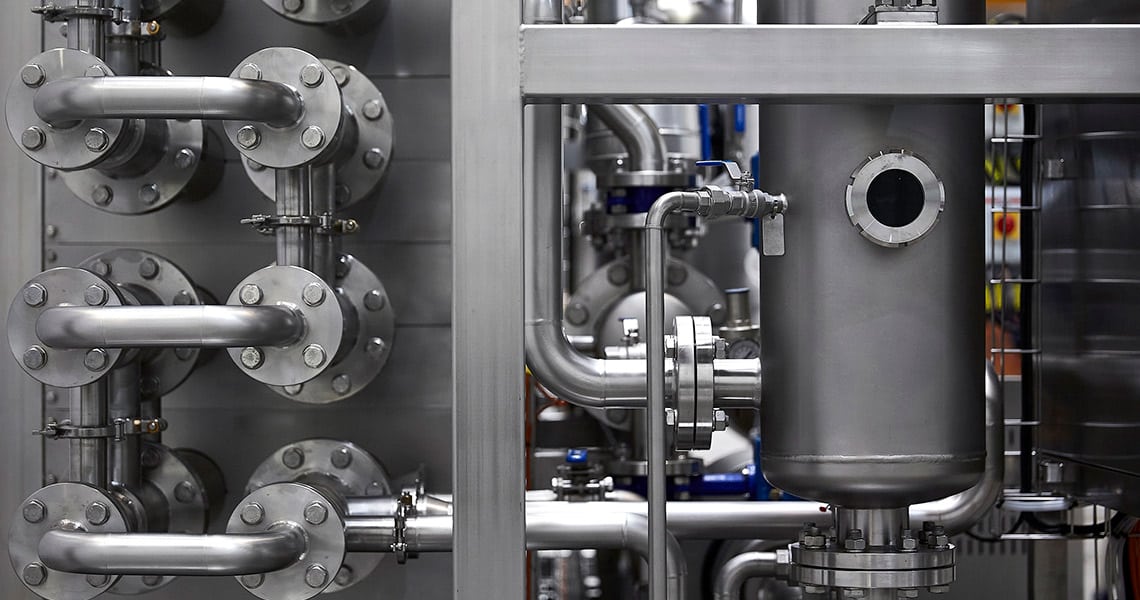
HRS Heat Exchangers, a leading global provider of efficient heat transfer solutions, has won its largest ever component order, valued at 3.8 million USD. The heat exchangers, for a North American client, will form part …
Read MoreThe Role of Evaporation in Treating Challenging Effluents
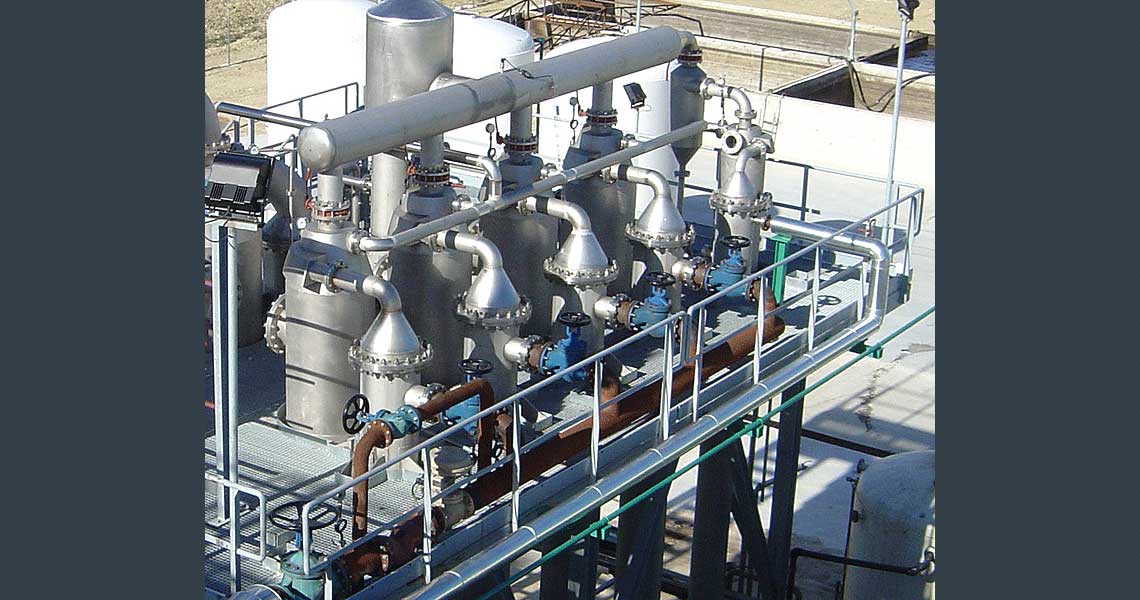
Wastewater and effluent can take many different forms, from relatively clean water which can safely be discharged to the environment with little or no treatment, to extremely challenging effluent containing high levels of dissolved or …
Read MoreThe Benefits of Anaerobic Wastewater Treatment
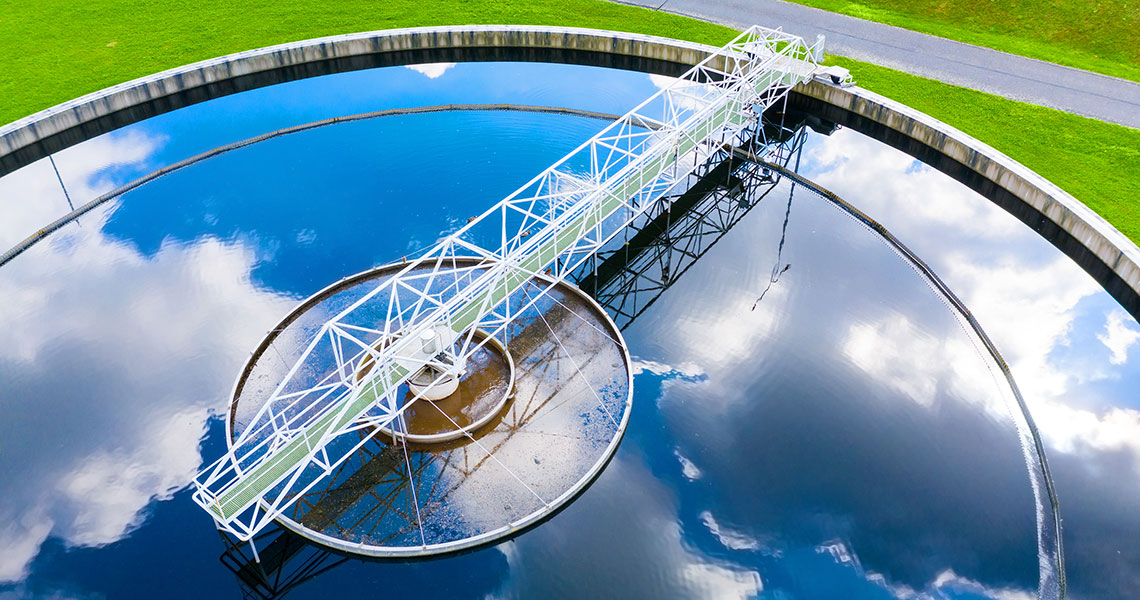
Conventional wastewater treatment consists of three distinct phases: primary, secondary, and tertiary. The primary treatment involves the mechanical removal of solids by sedimentation or flotation and is followed by a secondary treatment which removes organic …
Read MoreCan the UK meet its AD potential?
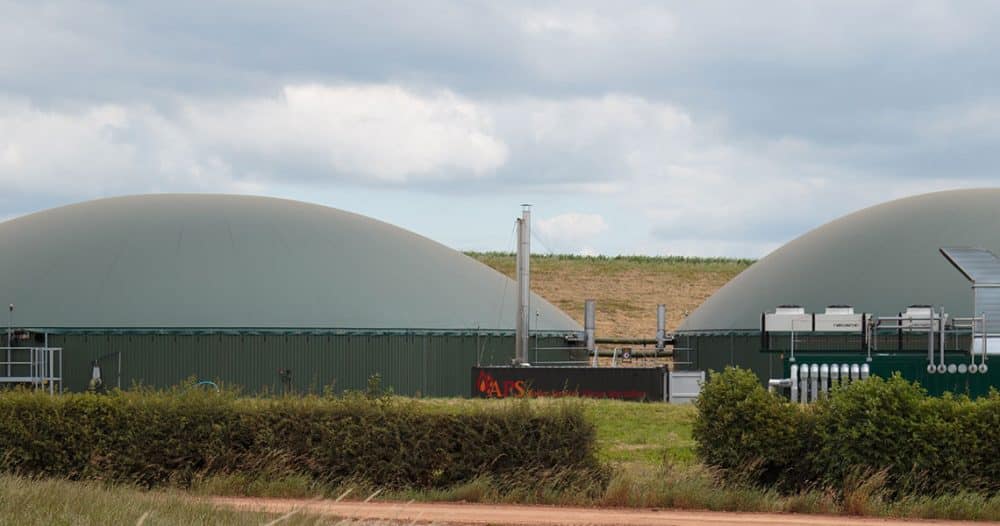
The UK has almost 730 operational anaerobic digestion (AD) plants, with a capacity of more than 2,800 MW of biogas for use as renewable heat, electricity or biomethane (green gas)¹. However, we believe that the …
Read MoreCreating Value from Livestock Waste
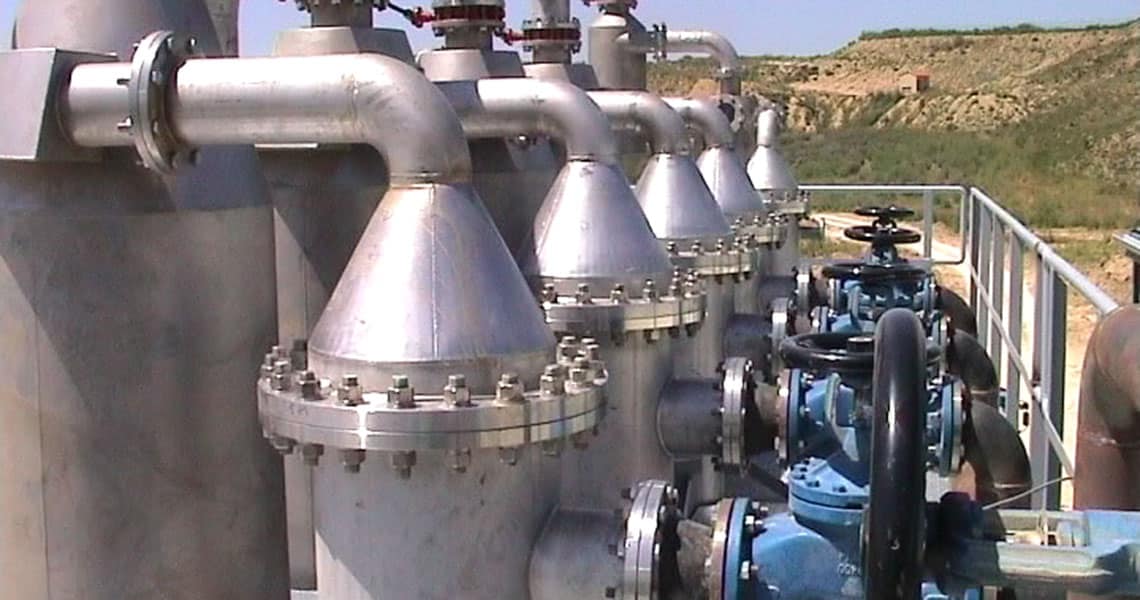
Livestock manure is a significant source of organic waste materials. Although accurate figures are harder to come by (and vary significantly by region, the Agricultural Research Service (ARS) of the U.S. Department of Agriculture (USDA) …
Read MoreIncreasing Interest In ZLD Driven By Costs And Environment
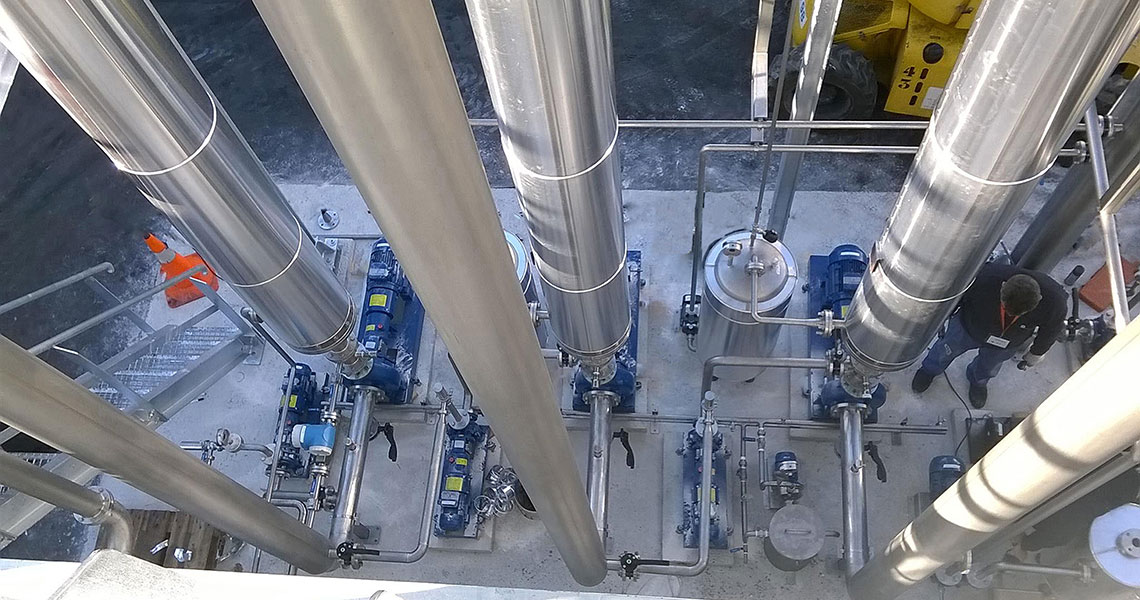
In 2021 the global market for zero liquid discharge (ZLD) technology was estimated at $1 billion and is forecast to grow at almost 12% over the next ten years¹. The rise is being driven in …
Read More